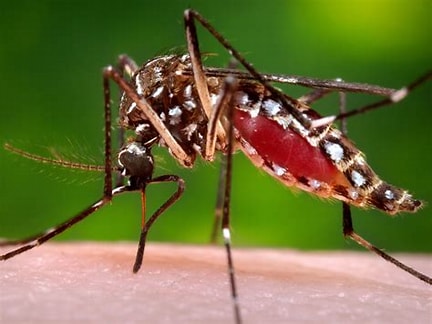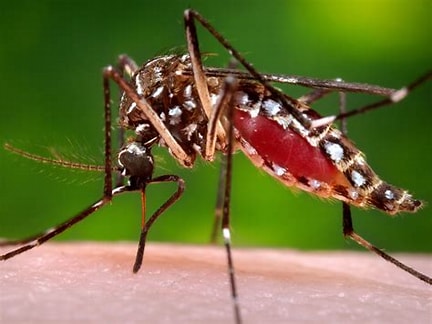
Hello Readers! Let’s dive into dengue fever—a mosquito-borne viral infection that’s something many people in tropical and subtropical regions, like Southeast Asia and Latin America, have to watch out for. Here’s what you need to know.
What Are the Symptoms?
If you’ve been bitten by an Aedes mosquito carrying the dengue virus, you might start feeling symptoms anywhere from 4 to 10 days later. Here’s what you should keep an eye on:
- A high fever, sometimes reaching up to 105ºF
- A really bad headache
- Pain behind your eyes
- Aches and pains in your joints, muscles, and bones
- Nausea and vomiting
- A skin rash that pops up a few days after your fever starts
In some cases, dengue can get pretty serious and turn into what’s known as severe dengue or dengue hemorrhagic fever. This is no joke and can be life-threatening. Watch out for:
- Intense abdominal pain
- Continuous vomiting
- Bleeding from your gums or nose
- Blood in your urine, stool, or vomit
- Rapid, heavy breathing
- Extreme fatigue and restlessness
How Do You Treat It?
Unfortunately, there’s no magic cure for dengue fever. The best way to handle it is to tackle the symptoms and ensure you don’t develop any complications. Here’s how:
- Stay Hydrated: Drink plenty of fluids. In severe cases, you might need IV fluids and electrolytes.
- Pain Relief: Acetaminophen (Tylenol) can help with the fever and pain, but steer clear of NSAIDs like aspirin, ibuprofen, and naproxen since they can make bleeding worse.
- Get Medical Help: If the situation becomes severe, you might need to be hospitalized for close monitoring and possibly blood transfusions.
Preventing Dengue
The best way to avoid dengue is to prevent mosquito bites and reduce mosquito breeding. Here’s how:
- Use insect repellents with DEET
- Wear long-sleeved clothes and pants
- Sleep under mosquito nets
- Eliminate standing water around your home
Dengue fever is definitely something to take seriously, especially in areas where it’s common. By knowing the symptoms and how to treat it, you can take proactive steps to protect yourself and seek the proper care if you need it. Stay safe!




